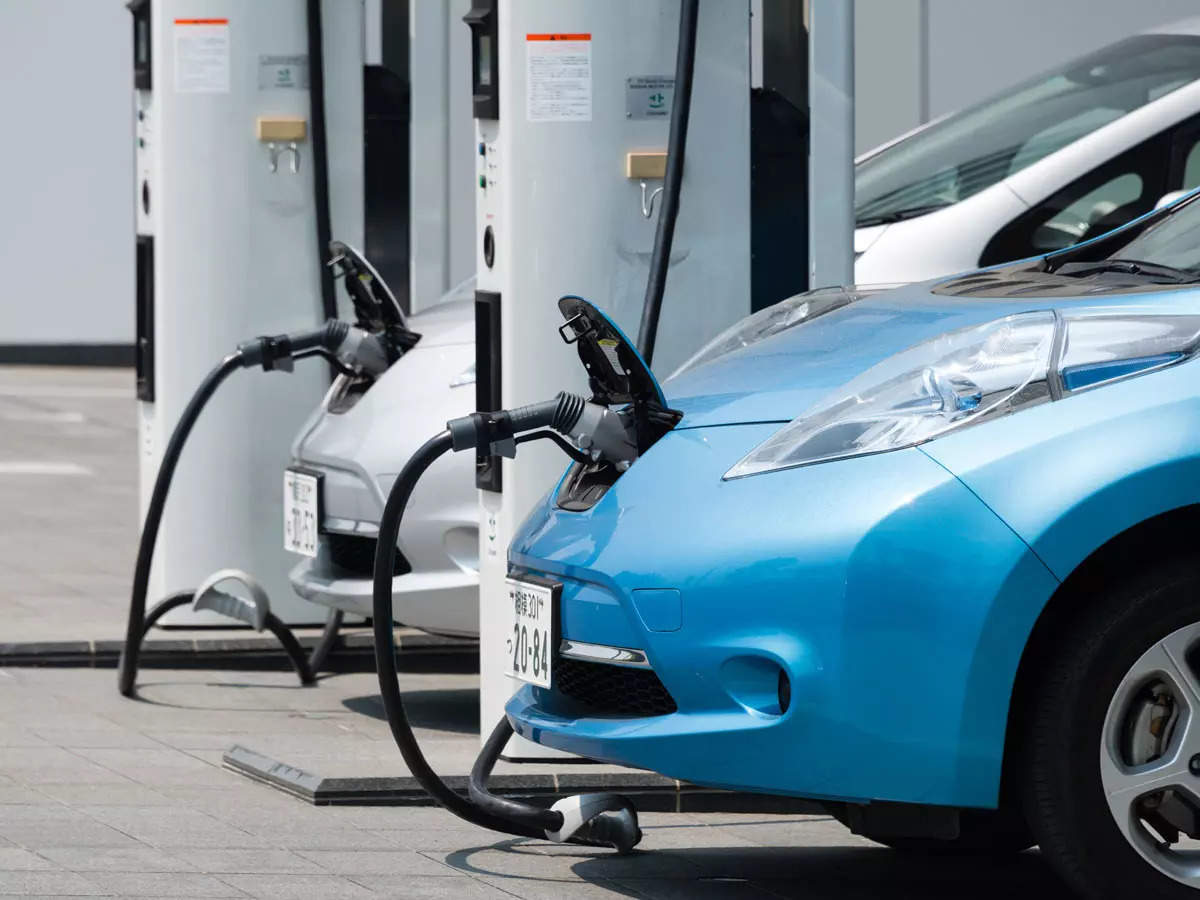
The government is in the process of making live an automated data transfer system to monitor localisation content of electric vehicles availing subsidies under the Rs 10,000 crore FAME-II policy to promote indigenous manufacturing and ensure imported vehicles do not get incentivised at the expense of Indian taxpayers.
The IT-enabled system based on Application Programming Interface (API) would enable smooth transfer of a set of critical data related to domestic value addition (DVA) from the beneficiaries’ existing enterprise resource planning (ERP) systems to the nodal ministry’s portal along with traceability of products based on digital footprints from October 1. ERP is an application software that organizations use to manage business activities.
Ministry of heavy industries (MHI) secretary Arun Goel said the move would not only help in the establishment of an ecosystem for electric vehicle manufacturing in India, but also further ease of doing business.
“If similar systems are replicated for schemes requiring substantial value-addition across ministries, it will ensure transparency. This will further attract investments in India and promote indigenous manufacturing”, said Goel.
API is a software interface that allows two applications to interact with each other without any user intervention, enabling transfer of pre-defined data and functionality across the internet in a secure cyber environment.
The system will not encroach on non-disclosure agreements (NDAs) and yet enable monitoring and verification of domestic value addition being done by companies, said top sources. The digital records of domestic value addition being maintained by original equipment makers (OEMs) is at a higher level of granularity. But at the ministry’s level, pre-defined information is received for monitoring and verification. Thus, no diversion is possible.
The initiative comes even as Department of Revenue Intelligence (DRI) sought a probe against multiple electric vehicles makers alleging they could have violated the minimum local value addition criteria to receive subsidies under the flagship EV promotion scheme, causing revenue loss to the government in excess of Rs 300 crore, ET reported on Sept 16. EV companies are required to source a bulk of components locally to avail of incentives under the FAME-II scheme.
Goel said the government has since stalled incentives to these players. “The incentives will be released once they prove domestic value addition norms have been adhered to. In case of a lapse, the amount of subsidy already released for non-compliant products will be adjusted against future payouts for eligible ones,” said Goel, adding the entire process is automated with no room for any “manual intervention.”
MHI made a similar portal for monitoring localisation content of products availing incentives under the Rs 25,938 crore production-linked incentive (PLI) scheme for automobile and auto component sectors on August 29. The PLI scheme for automobile and auto component industry proposes financial incentives to boost domestic manufacturing of advanced automotive technology (AAT) products and attract investments in the automotive manufacturing value chain. Its prime objectives include overcoming cost disabilities, creating economies of scale and building a robust supply chain in areas of AAT products so that Indian manufacturers can move up the global value chain and benefit from the ‘China Plus One’ strategy being outlined by multinational companies.
Read More:
















